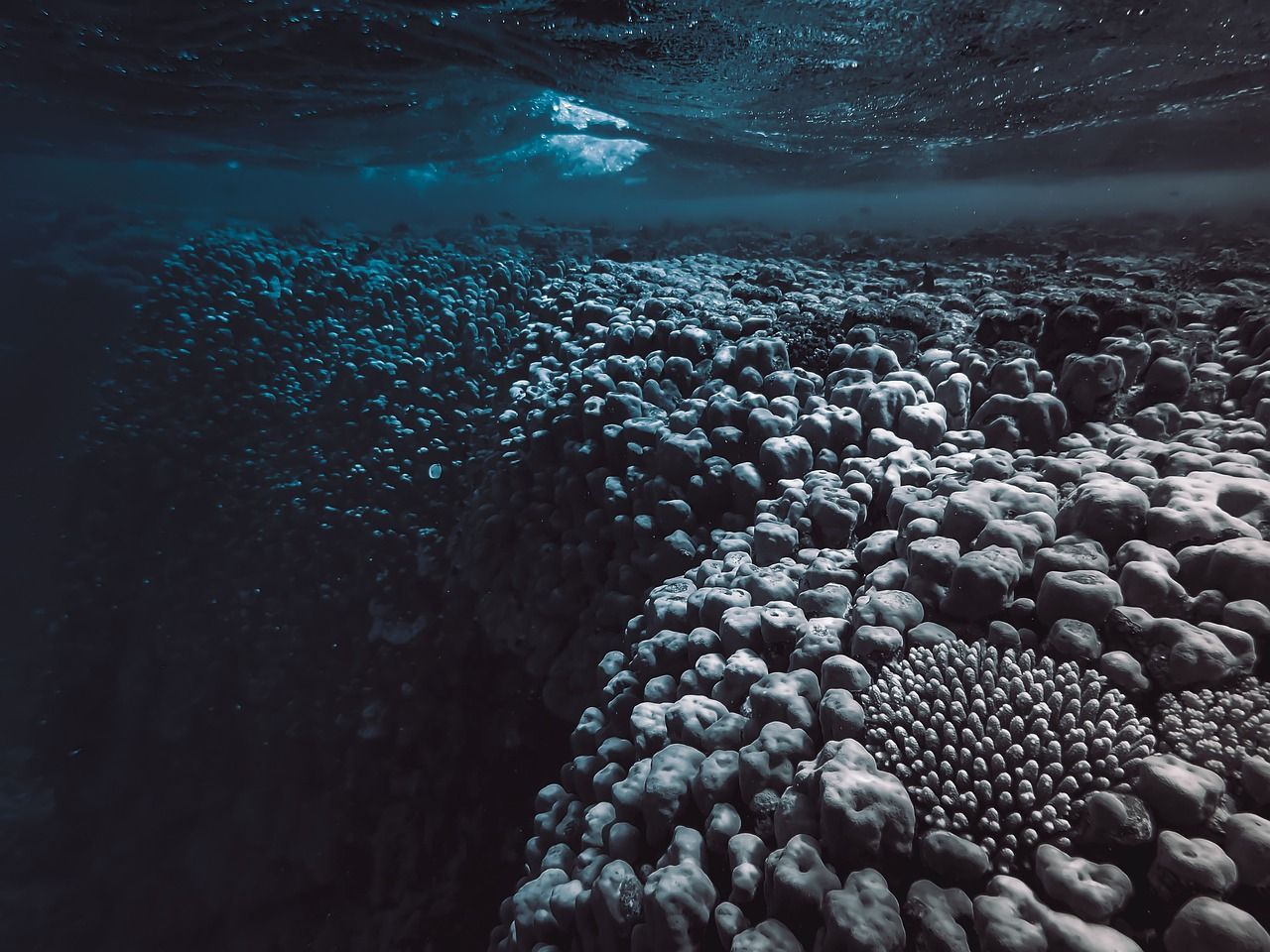The accelerating loss of oxygen in Earth's water: towards a new tipping point?
Published by Cédric,
Article author: Cédric DEPOND
Source: Nature Ecology & Evolution
Other Languages: FR, DE, ES, PT
Article author: Cédric DEPOND
Source: Nature Ecology & Evolution
Other Languages: FR, DE, ES, PT
Follow us on Google News (click on ☆)
An international study published in Nature Ecology & Evolution highlights this alarming loss of oxygen in lakes, rivers, and oceans and calls for this phenomenon to be considered a new planetary boundary not to be breached.

Illustration image Pixabay
Aquatic deoxygenation, the process by which levels of dissolved oxygen decrease, has major consequences for the stability of the biosphere. Researchers emphasize that this phenomenon is intrinsically linked to climate change and land-use changes. Warming waters reduce the solubility of oxygen and increase the stratification of water layers, thus limiting exchanges between deeper, oxygen-poor layers and richer surfaces. Concurrently, nutrient input from land promotes algae proliferation, increasing oxygen consumption by microorganisms at the bottom of water bodies.
The data is concerning: since 1960, oceans have lost about 2% of their oxygen, while lakes and reservoirs have recorded respective decreases of 5.5% and 18.6% since 1980. These figures reveal a global phenomenon, with sometimes dramatic local impacts, such as off the coast of central California, where intermediate water oxygen levels have dropped by 40% in a few decades.
Oxygen reduction threatens not only biodiversity but also human activities that depend on it, such as fishing, aquaculture, and tourism. Microbiotic processes in oxygen-poor areas also produce greenhouse gases like methane, further exacerbating climate warming and reinforcing this vicious cycle.
The research team, led by Kevin Rose from the Rensselaer Polytechnic Institute, stresses the need to integrate aquatic deoxygenation within the framework of planetary boundaries. Planetary boundaries are ecological thresholds not to be exceeded to maintain favorable conditions for human life on Earth. This concept has existed since 2009 and is regularly updated. It identifies nine essential processes for the stability of the biosphere, six of which are already breached.
In this context, recognition of this issue would enhance global monitoring and guide research efforts and public policies toward solutions aimed at slowing or even reversing this trend. Without decisive action, oxygen loss could reach critical levels, compromising not only aquatic ecosystems but also global economic activity and biosphere stability.